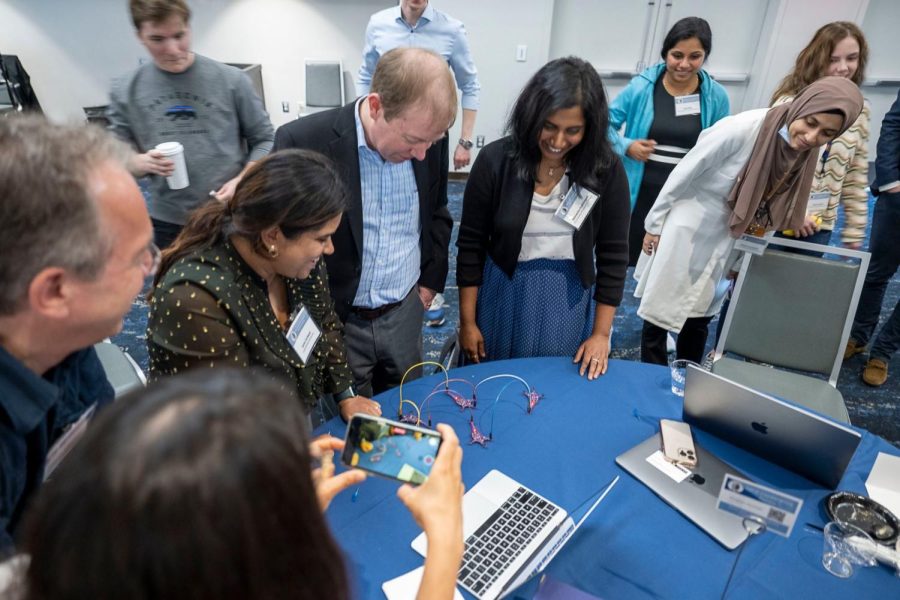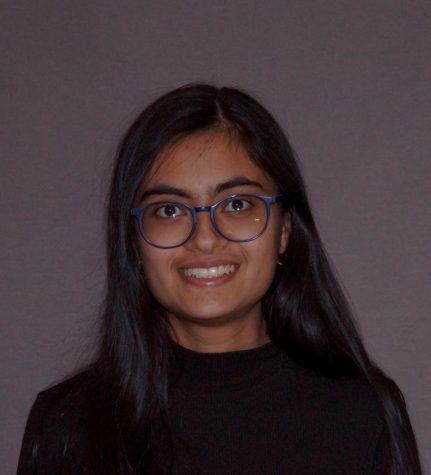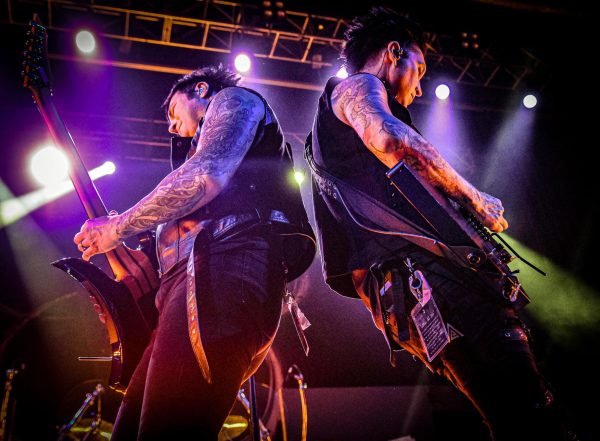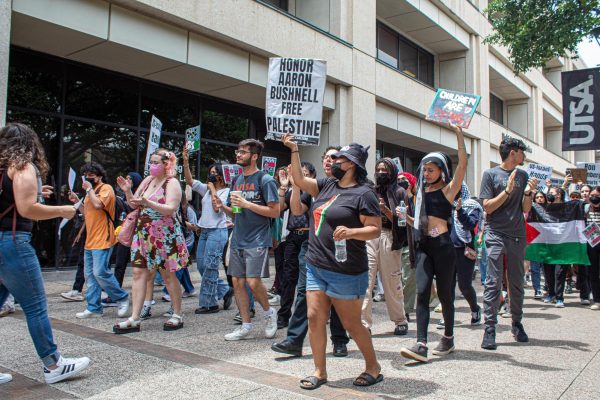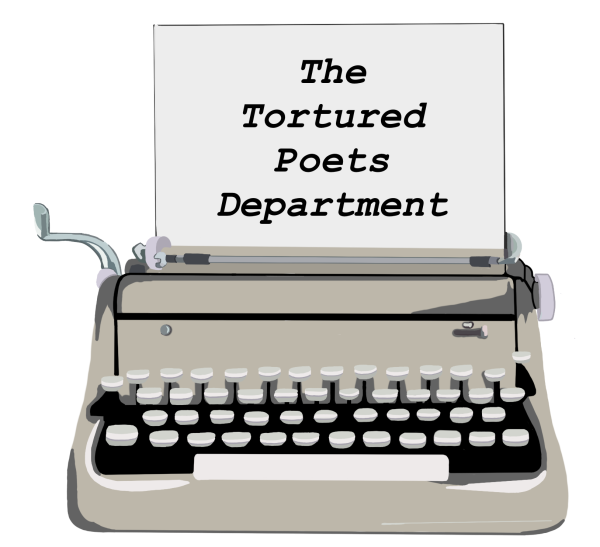10th annual NICE conference takes place at UTSA
May 5, 2023
UTSA hosted the 10th annual Neuro-Inspired Computing Elements (NICE) conference from April 11 to 14.
“NICE started as [an] invitational workshop ten years back to kind of bring people together — researchers from academia, from [Department of Energy] national labs and industry — in trying to think about how [to] design the next generation of computers that are inspired by the brain,” Dhireesha Kudithipudi, McDermott Endowed Chair in the Department of Electrical and Computer Engineering at UTSA and founding director of the MATRIX AI Consortium, said.
Each day of the conference featured events categorized into different thematic areas. The first day focused on algorithms; day two focused on hardware; day three focused on applications; and day four involved a tutorial session.
At the end of each day, participants also took part in an open mic session, where they could have a “freelance discussion” about the field in the context of the topic for that day.
“We always thought that it is good to have research talks but also give tutorials for people to get hands-on experience on the new software and new programs that are coming out in this area because it’s such [an] emerging and dynamic field,” Kudithipudi said.
Kudithipudi has attended almost all of the NICE events except the first one, starting as an invited speaker. Eventually, Kudithipudi became a part of the organizing committee and was the on-site organizer for this year’s conference at UTSA.
“We thought [San Antonio] is a great place,” Kudithipudi said. “We have great food and [a] rich culture in San Antonio as well as the [budding] research ecosystem in neuro-inspired AI.”
According to Kudithipudi, this year’s conference at UTSA had “a little over a hundred participants,” including researchers from academia and industry, that presented “different aspects of neuro-inspired computing.”
The conference was also open to students, who had the chance to register in advance. Furthermore, the registration fees for several students and younger researchers were waived through support from MATRIX AI — a consortium that brings together “thought leaders and researchers from four core organizations in the southwest region, to invent, deploy and advance AI at scale in multiple domains.”
“A lot of students, even Ph.D. students at UTSA or even other universities recently, were not able to attend conferences in person because of [the pandemic],” Kudithipudi said. “People have missed out on this experience, especially young researchers, and it’s important for them to see how it is and the dynamics that happen in these events. So, we supported and waved registration for a lot of students.”
The conference also features a special session for university students from Texas to present their research and interact with other researchers from other universities.
Kudithipudi and the other university organizers partnered with the Office of the Vice President for Research, Economic Development and Knowledge Enterprise, which also supported the conference by providing necessary funding and reserving space on campus. Furthermore, MATRIX AI also provided funds and staff to support the programming and activities during the conference.
“We really wanted [participants] to experience UTSA because [a] lot of these researchers are from top universities, a lot of students from top universities and industry who have never visited or [even] heard of UTSA,” Kudithipudi said. “So I think the experience we give them here kind of positions us and helps us in a lot of ways. These are going to be ambassadors for us.”
Another important part of the conference is its keynote speakers. This year’s speakers included: Gert Cauwenberghs, professor of bioengineering and co-director for the Institute for Neural Computation at the University of California, San Diego; Risto Miikkulainen, professor of computer science and assistant vice president of Evolutionary Intelligence at UT-Austin’s Cognizant AI Labs; and Michael Milford, professor of electrical engineering and deputy director at the Queensland University of Technology Center for Robotics.
For more information about the NICE conference series, visit https://niceworkshop.org/.

